理学学士(荣誉)自然历史学(包括基础年)
BSc (Hons) Natural History Including Foundation Year

学历文凭
Bachelor Degree with Honours

专业院系
NA

开学时间

课程时长

课程学费

国际学生入学条件
IDP—雅思考试联合主办方

雅思考试总分
6.0
- 雅思总分:6
- 托福网考总分:72
- 托福笔试总分:160
- 其他语言考试:PTE Academic and PTE Academic UKVI with a score of 64 overall and 59 in each component. Please note that where a UKVI SELT is not required, we can also accept the scores above in the PTE Academic Online
CRICOS代码: 0H5C
申请截止日期: 请与IDP联系 以获取详细信息。
课程简介
The foundation course is designed for applicants who do not meet the admissions criteria for the Natural History degree. You’ll start by completing a foundation year, which provides well structured support, allowing you to develop your scientific skills and knowledge. Following successful completion of the foundation year, you will progress to the first year of the BSc (Hons) Natural History degree. You'll study the principles of natural history, taxonomy, ecology and biology as well as learning about the scientific research process and data analysis. The Natural History course has a strong practical field element for you to gain key skills in a range of environments. Presently, students go on field courses to Pembrokeshire, Iceland, and on the optional expedition to Botswana. Through the study of habitats and environments, you will learn to identify animal behaviour and ecological interactions. Complementing these areas are modules on digital photography and film-making, allowing you to record and communicate the wonders of the natural world that you will experience during the course.<br><br>By graduation, you will have the professional skills to work for national parks, nature reserves, environmental and planning consultancies, national and international wildlife bodies, national, regional and local government, utility companies and regulatory agencies. Your analytical skills will give you excellent prospects in research and policy development. You can even make wildlife films to gain career options in visual media and environmental education. Typical roles include: Environmental Consultant, Researcher, Video Producer, Conservation Officer Manager, Environmental Manager and Ecologist. Our Natural History course give students opportunities to gain practical experience and develop transferable skills to help them when they enter the world of work. For many students, a degree is an important step in achieving their career ambitions. Our courses generate motivated and able graduates with a range of key skills. They are highly valued by employers for the scope of their knowledge, and have excellent communication and critical thinking skills. Laboratory work and field projects ensure our students have strong research and team working skills. Employability skills and work-based learning are built into our natural science courses. For example, we build in the practical skills that are outlined by the professional bodies. In the second year, research and report writing skills are developed alongside field skills and the writing of field reports. The final year gives you the opportunity to undertake work-based learning and to conduct project work.
相关申请
 预科
预科 奖学金
奖学金 实习机会
实习机会 在校学习
在校学习 跨境学习
跨境学习 校园授课-线上开始
校园授课-线上开始 在线/远程学习
在线/远程学习
开学时间&学费
学费信息仅供参考,请与IDP联系以获取详细信息
| 开学时间 | 时长 | 学费 | 地点 |
|---|
学校排名

世界排名801
数据源:
泰晤士高等教育世界大学排名
关于南威尔士大学

南威尔士大学是英国最大的大学之一,可为学生带来极好的机遇和前景。每年有180多个国家的2500多名国际学生到南威尔士大学的各个校区学习,这也令该校倍感自豪。南威尔士大学拥有一个亲切友善、具有学术挑战性的环境,因优质的教学、一流的学习设施和乐于助人的教职人员而享有极高的声誉,2023年入围''泰晤士高等教育年度最佳大学''候选名单。学生可能有资格获得多达2500英镑的奖学金,并能够在加的夫生活成本最低的求学城市之一愉快地度过求学生活。 南威尔士大学的课程不仅仅是让学生获得学历资格。在课堂内外,学生都能充分发挥潜力,实现其个人和专业目标。南威尔士大学的学生可从500多种本科和研究生课程中进行选择。该校与IBM、劳斯莱斯以及汇丰银行等全球公司建立了密切的联系,帮助学生与潜在雇主建立联络,对学生大有裨益。南威尔士大学的体育和电影课程远近闻名,培养了许多屡获殊荣的运动队和电影制作人。该校的体育园区拥有英国一些最精良的先进设施,许多职业俱乐部也使用这些设施进行训练。该校是英格兰和威尔士唯一一所拥有标准尺寸室内3G球场的大学,球场按照国际职业足球运动员联合会(FIFA Pro)和国际橄榄球理事会(World Rugby)标准建造,可确保全年训练使用。
本校相关课程
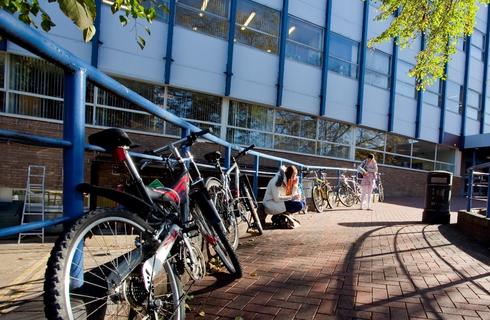
理学硕士
学历文凭
Masters Degree (Taught)
开学日期
课程费用总额


理学硕士可再生能源与资源管理
学历文凭
Masters Degree (Taught)
开学日期
课程费用总额


理学硕士公共卫生
学历文凭
Masters Degree (Taught)
开学日期
课程费用总额

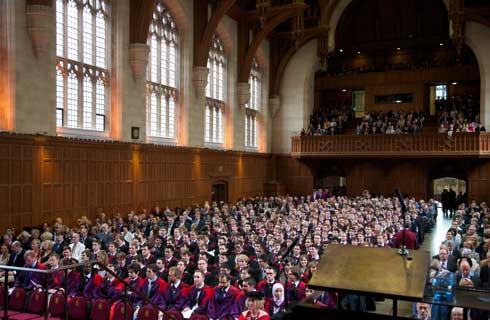
理学硕士专业实践
学历文凭
Masters Degree (Taught)
开学日期
课程费用总额


理学硕士野生动物与保护管理
学历文凭
Masters Degree (Taught)
开学日期
课程费用总额


分析与法医学理学硕士
学历文凭
Masters Degree (Taught)
开学日期
课程费用总额

其他相关课程
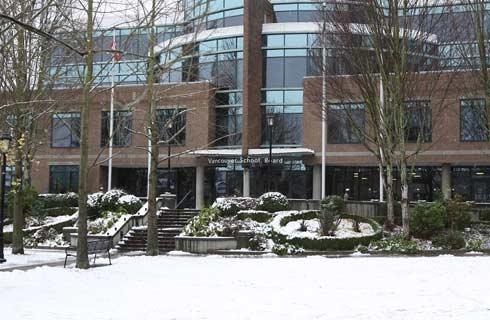
Environmental Pollution and Management PhD
 布莱顿大学
布莱顿大学泰晤士高等教育世界大学排名:755
学历文凭
Ph.D.
开学日期
课程费用总额


环境与商业(荣誉)文学士学位
 利兹大学
利兹大学泰晤士高等教育世界大学排名:118
学历文凭
Bachelor Degree with Honours
开学日期
课程费用总额

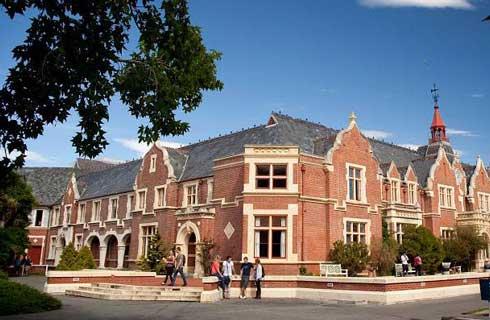
哲学博士(可持续资源管理)
 纽卡斯尔大学
纽卡斯尔大学学历文凭
Ph.D.
开学日期
课程费用总额


MSc Environmental Sustainability
 爱丁堡龙比亚大学
爱丁堡龙比亚大学泰晤士高等教育世界大学排名:645
学历文凭
Masters Degree (Taught)
开学日期
课程费用总额

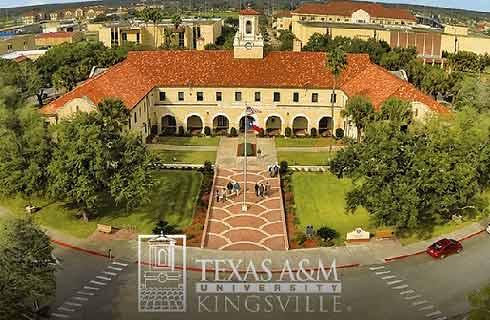
野生动物科学学士学位(荣誉学位)
 昆士兰大学
昆士兰大学泰晤士高等教育世界大学排名:80
学历文凭
Bachelor Degree with Honours
开学日期
课程费用总额


理学硕士淡水环境综合管理
 伦敦玛丽女王大学
伦敦玛丽女王大学泰晤士高等教育世界大学排名:135
学历文凭
Masters Degree (Taught)
开学日期
课程费用总额










